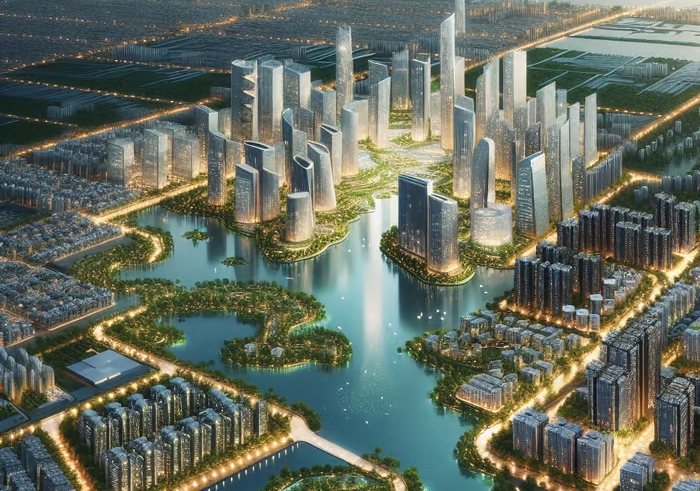
Water management has always been a critical issue in India, where a rapidly growing population and urbanization are placing immense pressure on water resources. Traditional water storage and distribution systems, often plagued by inefficiencies and waste, are no longer sufficient to meet the demands of modern cities. In this context, smart water storage systems are emerging as a game-changer, offering innovative, technology-driven solutions to address water challenges and ensure sustainable urban growth.
The Need for Smart Water Storage in Indian Cities
Indian cities face several water-related challenges, including scarcity, wastage, and poor quality. Rapid urbanization has led to overexploitation of groundwater and inefficient water management, leaving many cities struggling to meet basic water needs. Additionally, climate change and irregular monsoon patterns exacerbate these issues. Smart water storage systems, which integrate advanced technologies like IoT, AI, and real-time monitoring, provide a viable solution to manage water resources effectively in such a dynamic environment.
Key Features of Smart Water Storage Systems
Smart water storage systems are equipped with technologies that enable precise monitoring, efficient utilization, and sustainable management of water resources.
Real-Time Monitoring: Sensors in storage tanks and reservoirs monitor water levels, quality, and flow rates in real-time. This data helps detect leaks, overflows, or shortages instantly, minimizing wastage.
Automated Operations: Smart systems can automate tasks such as pumping, refilling, and distribution based on water demand. This reduces the need for manual intervention and ensures a consistent supply.
Water Quality Control: Advanced sensors can measure parameters like pH, turbidity, and contamination levels, ensuring that the stored water meets health and safety standards.
Predictive Analytics: Using AI and machine learning, these systems analyze historical and real-time data to predict future water needs, enabling proactive resource planning.
Integration with Urban Infrastructure: Smart systems can be integrated into city-wide water networks, enabling seamless communication between water storage units, treatment plants, and distribution systems.
Benefits for Indian Cities
Smart water storage systems offer multiple benefits that can transform urban water management in India.
Efficient Resource Utilization: By monitoring and controlling water usage, these systems reduce wastage and optimize resource allocation.
Improved Water Quality: Continuous monitoring ensures the delivery of clean and safe water to households and industries.
Cost Savings: Automation and predictive maintenance lower operational costs and prevent expensive repairs.
Sustainability: By reducing water loss and energy consumption, smart systems support sustainable development and environmental conservation.
Resilience to Climate Change: With better forecasting and adaptive management, cities can mitigate the impact of erratic weather patterns on water availability.
The Way Forward
To realize the potential of smart water storage systems, Indian cities must adopt a multi-pronged approach. Public-private partnerships can help fund and implement these technologies, while government policies should incentivize smart water management solutions. Furthermore, raising public awareness and building technical expertise will be crucial for ensuring successful adoption.
Conclusion
Smart water storage systems represent a transformative step towards sustainable water management in Indian cities. By leveraging cutting-edge technologies, these systems can address the challenges of water scarcity, quality, and distribution, paving the way for resilient and sustainable urban growth. As India continues its journey toward modernization, investing in smart water solutions will be essential to secure the future of its cities.


